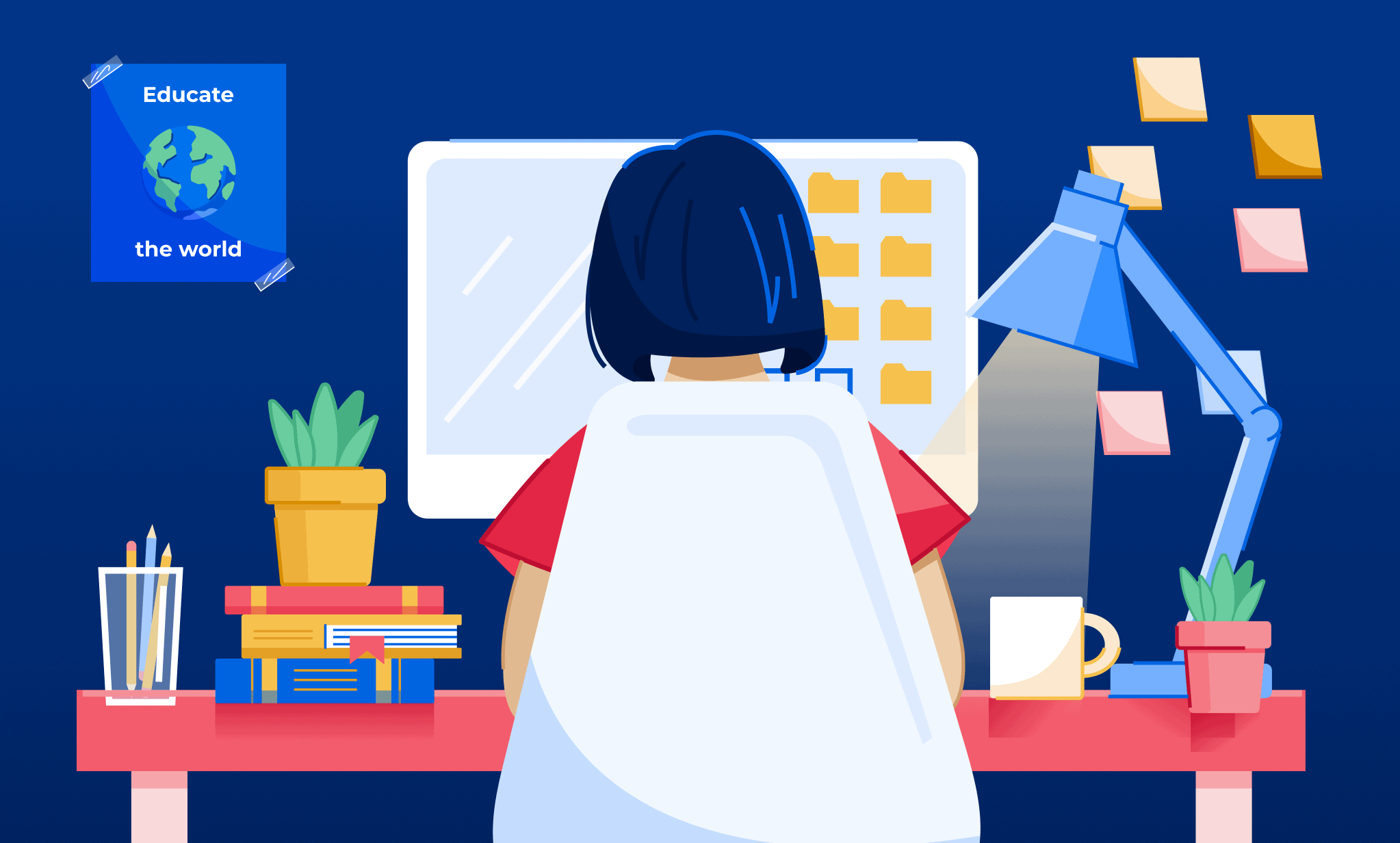Integrating My Bad Habit With Good Habit
Consistently following studying strategies has always been hard for me. Due to my attention span, I tend to deviate my focus from one thing to another. Having metacognitive skills but never addressing the problem is my problem. I have always been aware of my short attention span, so I tend to make reviewers every time I have an exam. I don’t have the focus to read actual materials, so I make reviewers as a way to recall lessons. After that, I don’t use the reviewers I made because I would always have the thought of “I already reviewed.” Moreover, the pandemic made it harder for me to have a study habit since everything was online.
When college started, which was post pandemic, it was like a whole new phase for me since I never had good study habits. I reminded myself that I need a study habit since it’s a new environment and I don’t have my friends from high school to help me out. One of the reasons that motivated me to study was the learning approach of the classes. A learning approach that maximizes possibilities for participation and learning is necessary when offering courses online. Engagement places a greater emphasis on personal preferences and attitudes toward classroom experiences and lifetime learning than learning or newly learned cognitive abilities. The degree of commitment that students display in their interactions with other students in the course has also been referred to as student engagement. What makes people interested in the subject, as well (Caraig and Faro, 2022).
From the different classroom engagements, I started making my own study habits.
A study has shown that millennial students have been described as "easily bored" people who "expect immediate fulfillment, and appreciate a fun, flexible work environment where co-workers are friends." This contributed to their growing up in a world that has shrunk significantly as a result of technological advancements that make communication across regions easier and faster than before and an overabundance of media that allows them to "rapidly shift their attention from one source of information to another.” Students of the millennial generation "tend to have a low tolerance for boredom and require high levels of stimulation in order to remain focused"—levels that were not attained in a classroom that was solely lecture-based (Anacleto, 2020). I may not be a millennial student but this study implies that the technological advancements happening right has already affected how students grasp information depending on the learning environment. Consequently, as someone who is on their phone 24/7, I thought to myself, “how do I take advantage of this and integrate it into my study habits?”
As I was scrolling through my phone, I found the Pomodoro technique. It is a studying strategy wherein you set a time for your study session and take a break in between. Since I am holding my phone every time, I use that to time myself whenever I study. For instance, instead of scrolling my Twitter feed, I would open my timer and set it for 50 minutes to study. This keeps me from holding my phone and start studying.
I can’t say that this is entirely effective for me right now as I am still starting but the idea of being timed and pressured motivated me to study within the minutes I set for myself. For the past few days that I’ve been using the technique, I can say that I’m studying as diligently unlike before.
Being able to recognize your own cognitive capacities, guide your own learning, assess your performance, comprehend the reasons for your triumphs and mistakes, and acquire new techniques are all examples of metacognitive capabilities. Self-reflective inquiries, which are effective because they let us assess where we are now, how we learn, and where we aspire to go, are the cornerstone to metacognition. You can solve problems more effectively and take charge of your learning with the aid of metacognition. It's critical to ascertain which learning techniques suit you the most. Depending on the sort of information you are attempting to learn, it will definitely differ, but it will be beneficial to be willing to try new methods and pay attention to what works for you. Stop studying alone if it doesn't work for you and try something else. An excellent opportunity to consider your actions and choose what is best for you is when you consult with someone.


Comments
Post a Comment